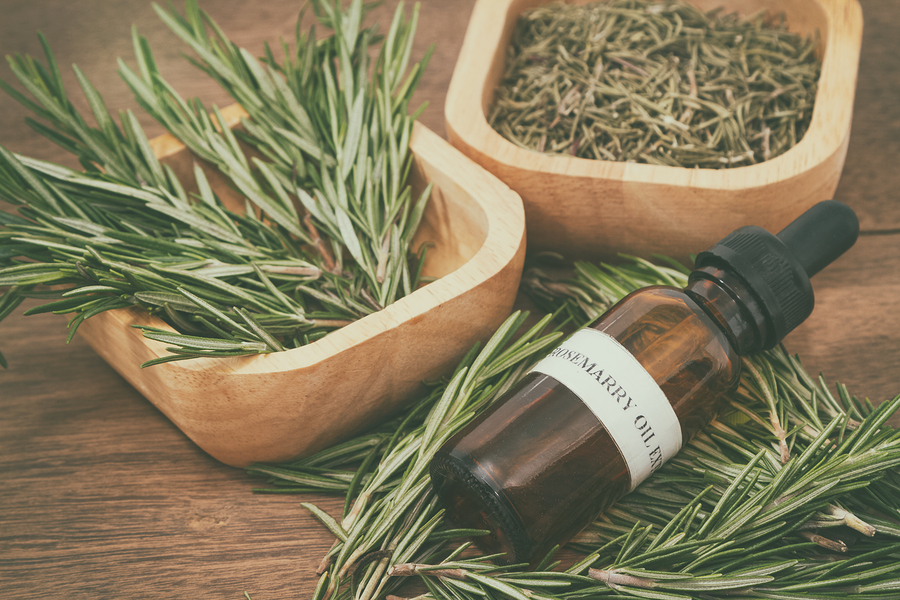- Make It Yourself Lavender Heart-Shaped Bath Bombs!
- 20 Things You Never Knew About “Down There”
- 12 Best Foods For Those Suffering From Arthritis Pain
- 12 Personal Hygiene Mistakes Almost Everyone Makes (Mom Never Told You About #4!)
- 15 Medicinal Plants And Herbs From The Cherokee People
- 12 Mind-Blowing Benefits Of Drinking Coconut Water During Pregnancy
- 12 Outstanding Winter Foods That Won’t Fatten You Up Like A Christmas Turkey
Can Rosemary Really Improve Your Memory?

Photo credit: bigstock.com
Lavender Vs. Rosemary Test Results
Having finished the study, the researchers found that the test scores of the subjects in the rosemary-scented room were statistically much higher than the other two rooms. The participants who took the test in the room with the lavender scent had the worst scores out of all three groups, while the unscented room produced test scores in the middle range. Why was this?
Lavender promotes feelings of relaxation and calmness, and has a somewhat sedative effect on the mind. People commonly drink lavender tea before bed to tackle insomnia and ensure a good night’s rest. So it is not surprising that the lavender scented room would produce the lowest test scores. It’s difficult to stay focused and maintain concentration when your brain just wants to unwind and relax.
Rosemary, by contrast, seems to produce the opposite effect. It doesn’t really “amp” you up the way a caffeinated beverage might, but the herb’s scent helped the participants who inhaled it preform much better on memory-related tasks, particularly those related to “future memory” (remembering to do something in the future, i.e. reminding someone to make a phone call).
Scientists believe this may be because rosemary contains a compound called 1,8-cineole, also known as eucalyptol. 1,8-cineole may boost the brain’s levels of a neurotransmitter associated with memory called acetylcholine. If this is the case, it would function in a manner similar to drugs designed to treat dementia.
What is Best to Use?
It is important to note how influential the method of taking in the rosemary and lavender may have been in this test. Inhalation is one of the fastest ways to produce any change in brain chemistry. When inhaling the compound, you absorb it through the lungs directly into the bloodstream. That is how, with the blood, it gets to the brain. Conversely, it takes much longer to experience any sort effects during the drug ingestion. It happens because the liver brakes down the molecules before they can enter the bloodstream. If the participants in this study had consumed teas or eaten the herbs, the results might have been different.
READ ALSO: The Top 25 Almost-Magical Uses For Rosemary Essential Oil (#25 Is The Best)
Nevertheless, these are promising results for people looking for a short term boost to their memory. They lend an outstanding credence to the value that aromatherapy can offer. Next time you have an exam or test, you may want to consider diffusing some rosemary oil in the room.
References:
































